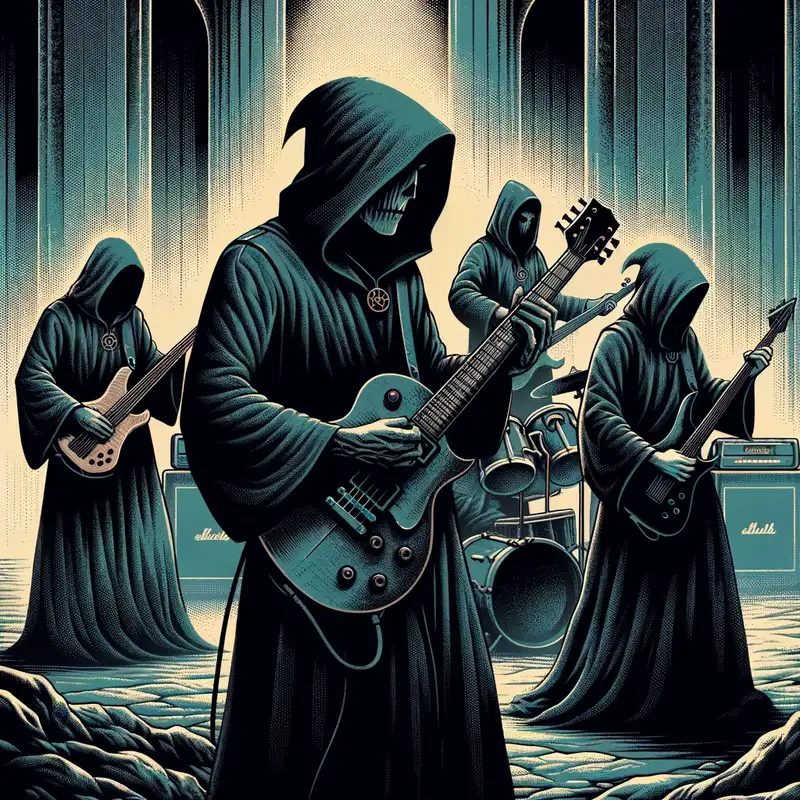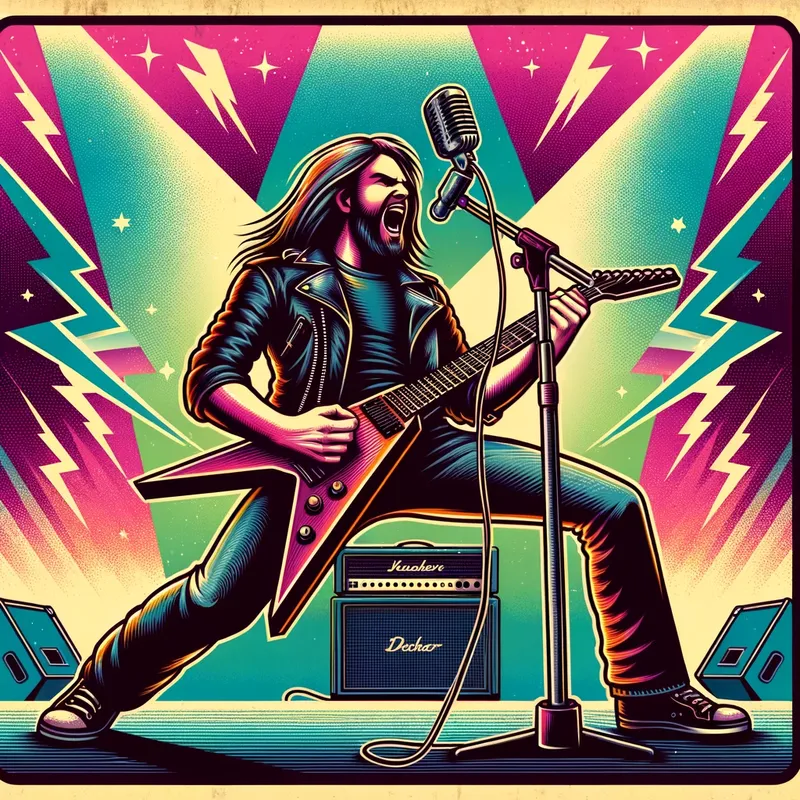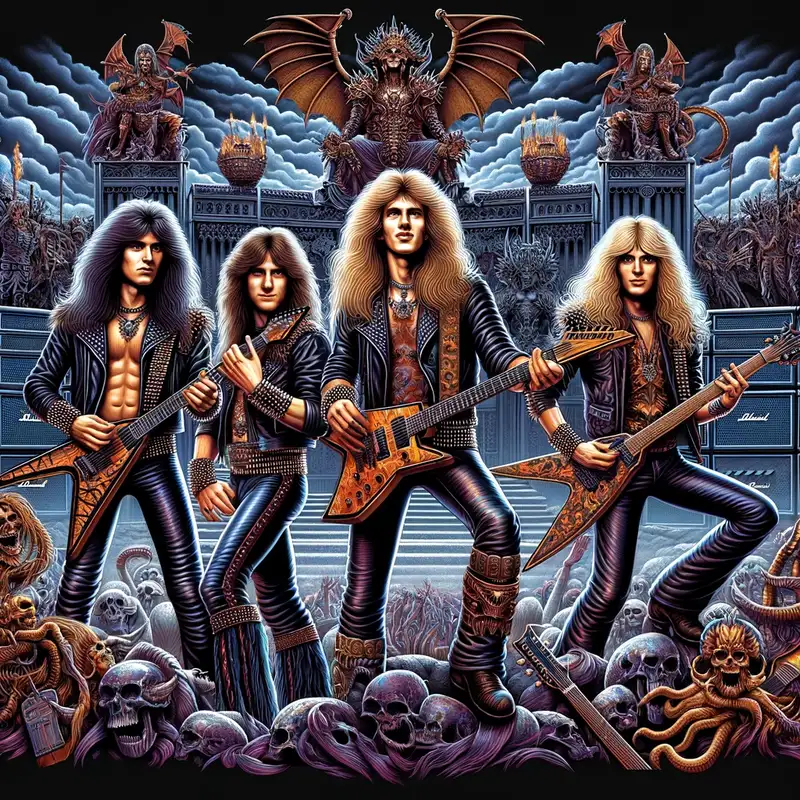Doom Metal

Doom metal, with its melancholic melodies, slow tempos, and heavy riffs, stands as one of the most emotionally profound subgenres in the metal universe.
Table of Contents
History and Origin
Doom metal’s origins trace back to the late 1960s and early 1970s. The genre is often linked to bands like Black Sabbath, whose downtuned guitars, slower tempos, and lyrics dealing with darkness and despair paved the way for the doom metal sound.
The ’70s: The Birth of Doom
While Black Sabbath is often regarded as the primary influence, other bands from the same era, like Pentagram and Bedemon, also contributed to the early sounds of doom.
The ’80s: Evolution and Diversity
The 1980s saw doom metal’s sound being expanded upon and diversified. Bands like Saint Vitus, Candlemass, and Witchfinder General played pivotal roles in this evolution, bringing in new elements to the doom metal sound.
Key Characteristics
Slow Tempos
One of the defining elements of doom metal is its slow, ponderous tempo. The deliberate pacing allows for a more profound emotional expression and evokes a sense of impending doom.
Heavy Riffs
The guitar riffs in doom metal are heavy, downtuned, and often repetitive, emphasizing a feeling of melancholy and despair.
Deep, Melodic Vocals
While there are variations in vocal styles across different bands and subgenres, doom metal vocals tend to be deep, clean, and melodic. There is a strong emphasis on conveying emotion.
Subgenres of Doom Metal
Doom metal has evolved into several subgenres over the years, each bringing its unique twist to the foundational doom sound.
Traditional Doom
This is the most classic form, closely resembling the early sounds of Black Sabbath. Bands like Reverend Bizarre and Trouble have championed this subgenre.
Stoner Doom
Stoner doom is heavily influenced by psychedelic rock and often features fuzzy guitar tones and lyrics about space and drugs. Notable bands include Electric Wizard and Sleep.
Funeral Doom
As the name suggests, funeral doom is the slowest and most melancholic of all the subgenres. Bands like Thergothon and Skepticism use dirge-like tempos and atmospheric elements to evoke a sense of deep sorrow.
Sludge Doom
Combining elements of southern rock and hardcore punk, sludge doom has a grittier sound. Bands like Eyehategod and Crowbar are prominent representatives of this style.
Influential Bands and Albums
To understand doom metal, one must be acquainted with the bands and albums that have shaped its journey.
Black Sabbath
Often regarded as the pioneers, Black Sabbath’s early albums like “Black Sabbath” and “Master of Reality” set the blueprint for doom metal.
Candlemass
The Swedish band, Candlemass, with their iconic album “Epicus Doomicus Metallicus,” solidified the genre’s presence in the 1980s.
Electric Wizard
For those interested in the stoner doom subgenre, Electric Wizard’s “Dopethrone” is a quintessential listen.
My Dying Bride
Blending doom with gothic elements, My Dying Bride has been a significant influence, especially with albums like “Turn Loose the Swans.”

